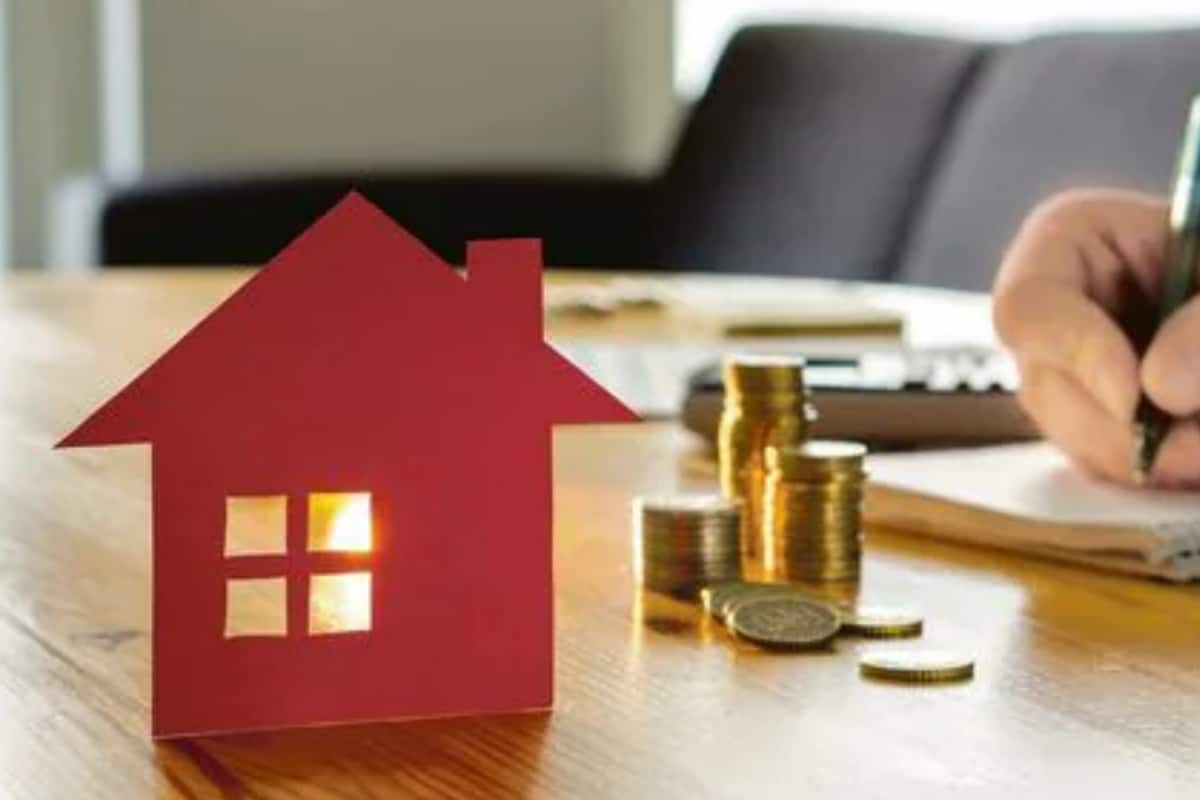

Embarking on the journey of renting your first apartment is a significant milestone, marking a transition into independence and self-reliance. For young Indians stepping out of their family homes for the first time, this experience can be both exciting and daunting. Here's a comprehensive guide to help navigate the process smoothly and confidently.
1. Understanding Your Finances
Before diving into apartment hunting, it's crucial to assess your financial situation. Calculate your net worth by listing all your assets and liabilities to understand what you can afford. Set a realistic budget, allocating no more than 30% of your monthly income to housing costs. This budget should include rent, security deposit, utilities (electricity, water, internet), maintenance charges, and moving expenses. Don't forget to factor in initial setup costs like furniture, appliances, and basic household items.
2. Finding the Right Location
Location plays a vital role in your overall renting experience. Consider factors such as proximity to your workplace or educational institution, availability of public transportation, safety of the neighborhood, and access to essential amenities like grocery stores, pharmacies, and healthcare facilities. Explore different neighborhoods to find the right fit for your lifestyle and budget.
3. Apartment Hunting and Inspection
With a budget and location in mind, start your apartment search online through real estate websites and social media groups. When viewing potential apartments, check for essential factors like storage capacity, continuous water supply, seepage issues, power points, bug infestations, and security features. Ensure all appliances and furniture (if furnished) are functional. Look for potential issues like termite damage and water leakage. Also, check if the property meets all necessary health and safety regulations.
4. Roommate Considerations
If you're planning to live with roommates, discuss important factors such as cleanliness standards, guest policies, noise levels, and personal preferences beforehand. Ensure that you are on the same page regarding these aspects to avoid potential conflicts in the future. If possible, get a place with separate washrooms. It's also important to have clarity on rent, maintenance, and other charges.
5. Lease Agreement and Legal Rights
Before signing a lease agreement, read it carefully and understand all the terms and conditions. The agreement should clearly state the rent amount, security deposit terms, payment due dates, maintenance responsibilities, and rules regarding pets, guests, and property modifications. Be aware of your rights as a tenant, including the right to a safe and habitable property, the right to privacy, and the right against unlawful eviction. Familiarize yourself with the Rent Control Act and other state-specific rental laws to protect your interests.
6. Security Deposit and Rent
Typically, security deposits range from 2-12 months' rent, although the Model Tenancy Act aims to limit this to a maximum of two months' rent in compliant states. Ensure the rental agreement clearly states the terms for the security deposit refund. Be aware of the rules regarding rent increases, as landlords cannot demand excessive hikes without following legal guidelines. In most states, there is a fixed formula for calculating the percentage of rent increase annually or at the end of the agreement.
7. Moving In and Settling Down
Plan and prepare for the move by creating a checklist and packing efficiently. Consider hiring a reputable moving company to make the process smoother. Once you move in, set up utilities and services like electricity, water, and internet. Unpack and settle in, starting with essential areas like the kitchen and bathroom.
8. Maintaining a Good Landlord-Tenant Relationship
Communicate openly with your landlord regarding any maintenance issues or concerns. Report any repairs needed in writing and follow up to ensure they are addressed promptly. Respect your landlord's right to inspect the property, but ensure they provide prior notice before visiting. Pay your rent on time and adhere to the terms of the lease agreement to maintain a positive relationship.
9. Budget-Friendly Furnishing
Furnishing your first apartment doesn't have to break the bank. Start with the essentials and gradually add more items as your budget allows. Explore options like second-hand furniture stores, online marketplaces, and local artisans for affordable and stylish pieces. Embrace a minimalist approach to décor, focusing on functional and aesthetic pieces.
10. Staying Safe and Secure
Prioritize your safety and security by ensuring the apartment has adequate security features such as security guards, CCTV cameras, and intercom systems. Install double locks on the main door and consider adding smoke detectors. Be aware of your surroundings and take necessary precautions to protect yourself and your belongings.
Moving out for the first time is a learning experience. Embrace the challenges, celebrate the independence, and create a comfortable and safe living space that you can call your own.